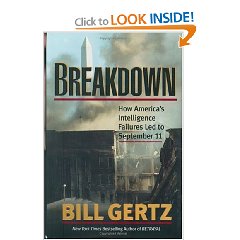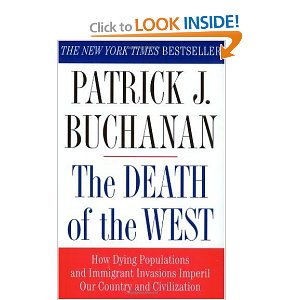Indeed, Vidal focuses relentless on the fact that all of the terrorist planes were allowed to run their course, without being intercepted and shot down by any of the military aircraft in the area. Although it would have taken a “strip alert” aircraft to be really effective, and it may not have been possible to load and launch aircraft on standby status in a hanger, it does appear that both the civilian and military chains of command avoided any active efforts to stop the airplanes from hitting their intended targets.
There are some extraordinary truths in this book that bear public discussion during the forthcoming Presidential campaign. I list just a few:
1) It is the US, in its obsessive anti-communism (perhaps aided by the desire of those in power to accummulate wealth and extend their power) which really kicked off the Cold War and were willing to support any dictator, commit any crime, violate any oath, in pursuit of anti-communism. The number of US attacks within an *undeclared* war status is over 250–and this does not count the secret bombing runs into the Soviet Union in the early years when we were just testing their vulnerability.
2) Japan was trying to sue for peace, and the US not only refused to receive their emissaries, but chose to drop the atomic bombs (two of them) to intimate the Russians rather than finalize the Japanese. He also addresses measures the US undertook to force the Japanese to attack Pearl Harbor.
3) Vidal talks about the number of covert wars that have been fought using taxpayer dollars, but without the knowledge or the approval of the taxpayer-voter. This is really a vital point–the people, and their elected representatives in Congress, have lost both the power of the purse and the power over war.
3) Coming further forward, Vidal addresses some stark truths about the current American condition that include the incredible percentage of the population that is either in prison or on parole; the continuing abuse of black citizens, especially in Florida; the continuing censorship of the media in relation to the interests of its advertisers–to include the deceptive and manipulated findings of the polls sponsored by the media; the erosion of individual rights; and the continuing gutting of the US economy by the combined emphasis on arms sales (including to ourselves) and cheap oil that the elite managers of the commonwealth persist in pursuing.
Vidal ends with two notes: first, that a Constitutional Convention, demanded by the people, would allow a complete overhaul of the system–once “we the people” are assembled, they have all the power and can recast the system as they wish–what an exciting idea; and second, that the logical direction for a free people is toward a Swiss like confederation of cantons or city-states (or, as Joel Garreau suggested, “Nine Nations of North America”).
In my view, Vidal stands alone, with Chomsky, in terms of speaking truth to power. Others, like Joe Nye, Jeffrey Garten, Max Manwaring, and Howard Rheingold dance around the issues of policy, credibility, and survivability in capable ways, but Vidal cuts to the heart of the matter: do the people wish to think for themselves and take back the power, or cower as slaves in the gutter? This is very refreshing reading.












